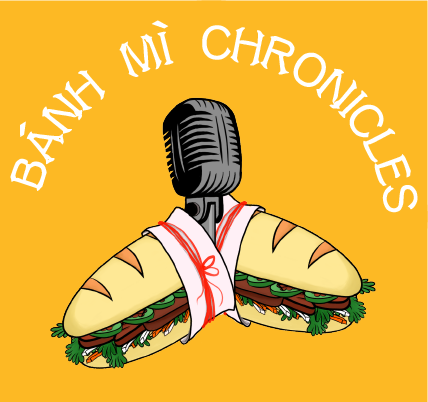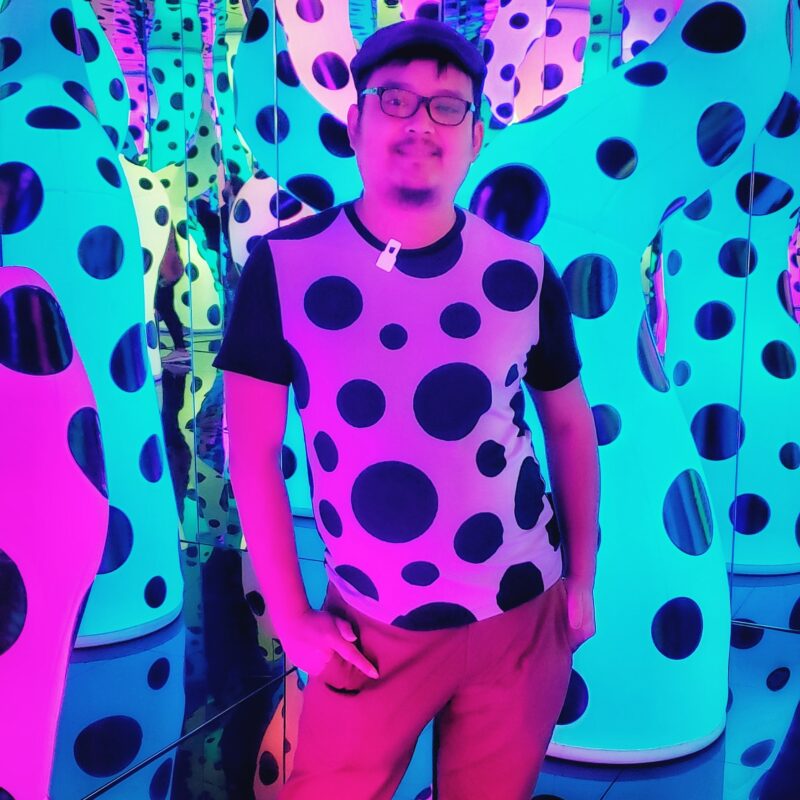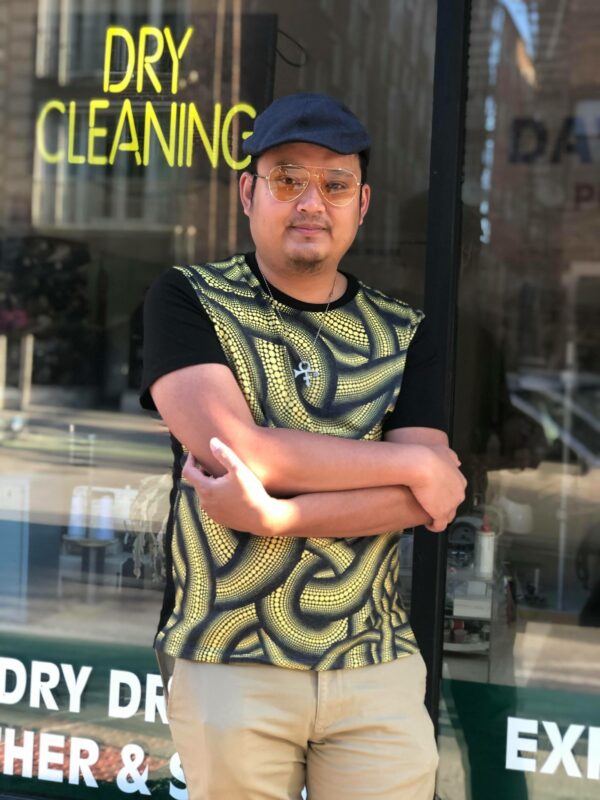
In early October 2019, I launched “The Bánh Mì Chronicles” podcast. Through this podcast, I wanted to break “banh mi” with fellow AAPI folks in Chicago and beyond to share their own experiences connecting to their AAPI roots, the work that they are doing to empower their community, their family, and themselves. So far, in my first season, I have interviewed AAPI folks ranging on topics that involve mental health, social justice advocacy and activism, diaspora, disability, mixed / adoptee awareness, queer / transgender stories, and visibility & inclusion. The guests for the first season have different backgrounds—in academia, theatre, music, community non-profit, entrepreneurial work. It’s an example that the AAPI community is not a monolithic experience, but that the narrative is now evolving and expanding in different spaces.
With the recent AAPI media and podcasts emerging, most of them are centered in the East and West Coastal areas of the US. This podcast aims to bring the stories of community folks from the Chicago / Midwest area as part of the greater diverse, intersectional AAPI collective in America.
The journey continues on, and I’ll be breaking “banh mi” along the way.

I began “The Bánh Mì Chronicles” as my own Facebook page separate from my personal page to promote my own writings and storytelling events that I have taken part in, share my interest in the Asian-Pacific Islander stories and issues that are critical to understanding our history and our present day, and to use these opportunities to open up dialogue in our community. As I began to engage further with AAPI folks, both online and in-person through my FB page, I saw the need to go further which led me to create my own podcast under that name.
I named it “The Bánh Mì Chronicles” as it was inspired from my early childhood where I rejected eating Vietnamese/Khmer food that my mom would make. As a first American-born Southeast Asian kid on both sides of my family growing up in a mostly white Chicago suburban neighborhood, I was told what food was considered popular by my classmates (pizza, burgers, spaghetti) which were all Western food. With my family cultural background, none of the foods that my mom made were in that conversation. Anything outside of it, was not only seen as foreign, but also rejected or dismissed as “smelly” or “disgusting.” This would create a fear of wanting my mom to bring me food that was “Western-looking.” The only food that I had not rejected growing up was the bánh mì sandwiches. It was a mix of traditional Vietnamese culinary delights neatly packed inside a French baguette. It was not only delicious, but it felt accessible and acceptable to me growing up. The food with both its Western and Vietnamese influences was like a metaphor of my own upbringing: a culmination of trying to assimilate, the identities of being a Westerner (American) with the Vietnamese/Khmer diaspora lodged into the ancestral DNA that was uprooted from the family homeland, and as the first food I embraced from my family culture, and an opportunity to break “bread” with people along the way.
As a son of a father who escaped from the Khmer Rouge reign during the Killing Fields era, and my mother with her family from the Vietnam War, I was grateful for having a privileged existence, free from the traumas and poverty that they were forced to endure, and the burden of having to raise a family in a new land. However even with the privilege, I found myself struggling to feel a sense of belonging, both in my parents’ communities, and in the community that I was born and raised in. Unable to speak my parents’ native tongue and not having close proximity to their communities combined with living in my birth country (America), where people still see me as foreign and where I often have to answer questions of “where am I from” to prove that I still belong here, often made me feel “never enough” for any community space I was hoping to be accepted into growing up. I kept those feelings secret from my family because I recognized their survival and hardship was what made it possible for me to thrive and live safely. I kept those secrets from my non-Asian friends because this was an experience that they were unfamiliar with. I kept those secrets from the few Asian friends I had growing up because talking about our families’ past wasn’t seen as a priority or something that we felt compelled to share. It wasn’t until a near-fatal stroke that my mom suffered in 2012, and, in that same year, that my dad’s mental health continued to decline that I began to take a proactive interest in learning and connecting my family’s history. I found an API LGBTQ+ space that validated my own experiences and realized there were so many Asian-Pacific American (AAPI) folks who struggle with being a part of the diaspora, the intergenerational trauma we inherited from our parents and ancestors, and the assimilation process of being in America for our own survival.
Author Bio
 Randy Kim is a queer 2nd generation Viet-Khmer American from the Chicagoland area. Randy currently serves as a board member with the National Cambodian Heritage Museum. He is the co-producer with founder Ada Cheng for TALK Stories: An Asian American/Asian Diaspora Storytelling Show in Chicago. He is the producer and host of “The Banh Mi Chronicles” podcast which can be on Spotify, iTunes / Apple Podcast, Google Podcast, iHeartRadio.
Randy Kim is a queer 2nd generation Viet-Khmer American from the Chicagoland area. Randy currently serves as a board member with the National Cambodian Heritage Museum. He is the co-producer with founder Ada Cheng for TALK Stories: An Asian American/Asian Diaspora Storytelling Show in Chicago. He is the producer and host of “The Banh Mi Chronicles” podcast which can be on Spotify, iTunes / Apple Podcast, Google Podcast, iHeartRadio.


